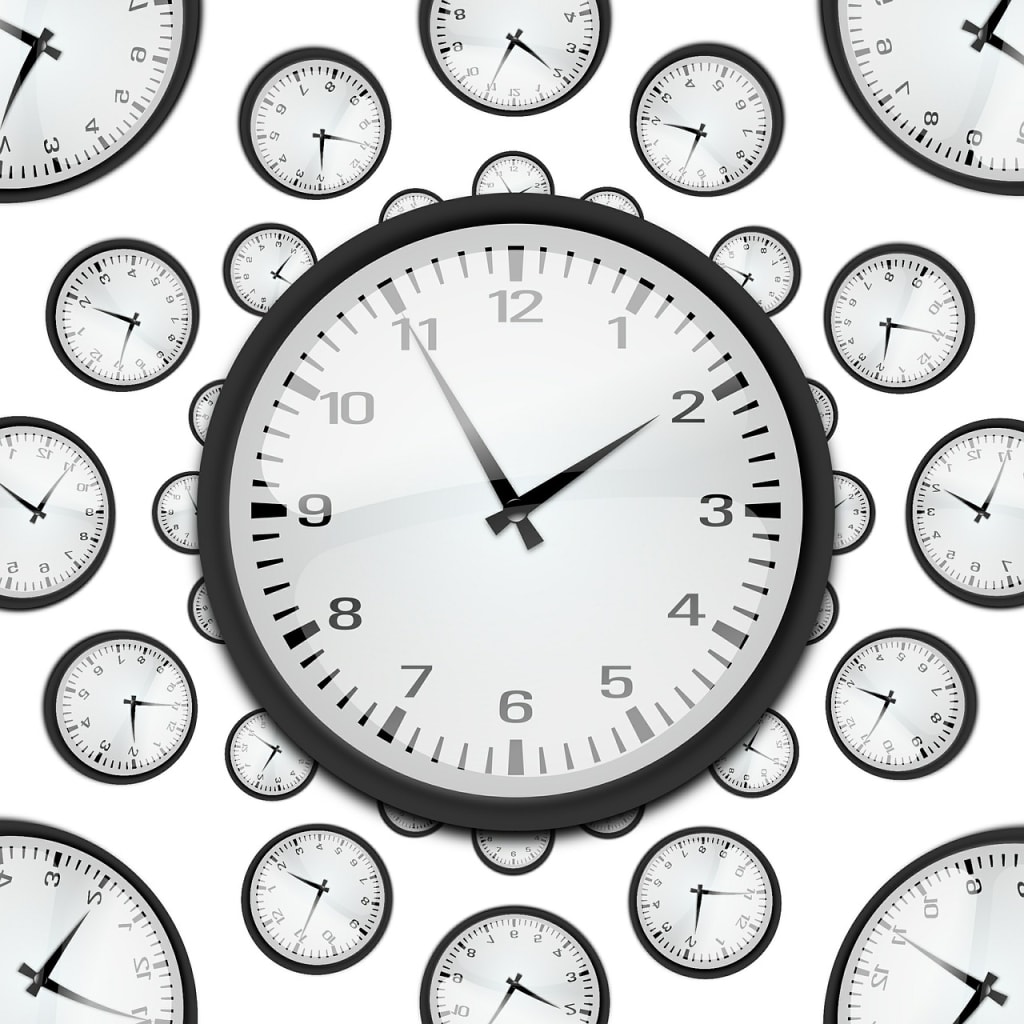Motivation vs. Self-Discipline: Which Is the Key to Habit Formation?
About a month ago, I downloaded the habit tracker app to help myself create new habits (gone is the Netflix addiction that disrupted my routine). I’m not that good when it comes to this, so I felt like I’ve needed some encouragement and assistance. Thankfully, the Google Play Store contains thousands of habit trackers, habit hubs, habit challenges—you name it!

The only thing you have to do is install it and follow the instructions. Or at least that’s how I thought it worked.
Surprisingly, the first habit that the app proposed to create was… drinking a glass of water every morning. That seemed easy enough. To motivate me, the app was giving random facts about how the human body needs water to function. (By the way, do you know that it’s possible to lose weight while sleeping?)
In addition to facts and trivia, the app would send me reminders to have a glass of water every morning and was quite generous in terms of complimenting me on my progress. That was pretty awesome and I felt very motivated to nurture this new and healthy habit, and improve my wellbeing.
Suddenly, after two weeks of being “awesome” and “a completely new and better person” (well, at least according to the app, I was), I found that the app wasn’t praising me as much as it used to. In fact, instead of getting another nice message, I had to go and make a mark on the calendar that I’ve followed the newly adopted habit that day.
That’s it. No more praising. There still were some messages with encouragement, but the only thing that I was getting on a daily basis is the check whether I successfully completed my task in the morning.
What's the deal?
So, let’s break down the method used by that habit tracker to teach me to hydrate my body:
- Initial motivation and encouragement with notifications, reminders, and praise.
- Confirmations to verify whether the user has completed the task.
See what the developers of the app were trying to do? They help to build a new habit by encouraging and motivating the user as much as possible, and then they change their approach by focusing on simple check-ins because, after two weeks, the user should be able to develop and remember this new routine.
At this point, the success of this project depends on the user’s will and desire to change, so more motivational messages will simply not work. Instead, this is where self-discipline, developed during the initial two weeks, comes in. Motivation keeps you going for a short period of time; but to truly sustain a new habit, you need discipline.
The main reason why self-discipline is critical, and perhaps more important than motivation in terms of creating new habits, is that it allows a person to have complete control over their emotions, behavior, and desires. Even if it means turning down instant gratification or gaining some short-term benefits.
“I turned down many good opportunities in favor of working in an online assignment help company to create a habit of writing daily,” shares Justine White, a professional blogger. “Now, thanks to that experience, I run my own successful blog and there’s nothing that I want to be doing besides that.”
It may seem that self-discipline is also a way to limit yourself from doing things, but this is actually not true. Someone who possesses effective self-control skills and executes their game despite the obstacles and difficulties and rather governs their actions by reason than emotion.
And let’s face it, your emotions often don’t care about you. They can easily betray you because, according to this amazing article on Psychology Today, they are only “our body’s way of providing us with data about the world around us.”
“Making reasonable decisions based on evidence requires a thorough evaluation of the data and making a logical conclusion based on proof,” says Tony Grant, a freelance psychology writer from A-Writer.
No wonder that people who choose feelings instead of actions often make not-so-smart decisions and face unwanted consequences. On the other hand, studies showed that self-control is a strong predictor of life satisfaction and wellbeing.
For example, this research published in the Journal of Personality found that people use self-control to avoid problems and frequent conflict between their emotions and reason. In other words, they are happier than those who cannot make rational decisions without feeling overly upset.
The Verdict
From drinking water in the morning to quitting smoking or learning a new language, self-discipline is definitely key to habit formation. It provides that much-needed foundation to make rational decisions and choose actions instead of feelings, which, let’s be honest, aren’t always the best in terms of making important choices in life.
However, motivation still deserves to be mentioned because many of us require a little push to make that first step. It was very nice for me to be motivated to create a new habit, and I think many of you, dear readers, can relate to that (after all, the morning motivation worked for me, as I continue my morning water therapy successfully).
But we also should remember that all the motivation in the world won’t help to achieve our ultimate goals.
Lucy Benton is a writing coach and an editor who finds her passion in expressing her thoughts as a blogger. She currently works at a college paper writing service. She is constantly looking for ways to improve her skills and expertise. Lucy also has her own blog, Essay Reviewer, where you can check her last publications.
About the Creator
Lucy Benton
Lucy Benton is a highly skilled editor, a writer who currently works at College Paper. She is constantly looking for ways to improve her skills and expertise. Also, Lucy has her own writing blog where you can check her last publications.






Comments
There are no comments for this story
Be the first to respond and start the conversation.